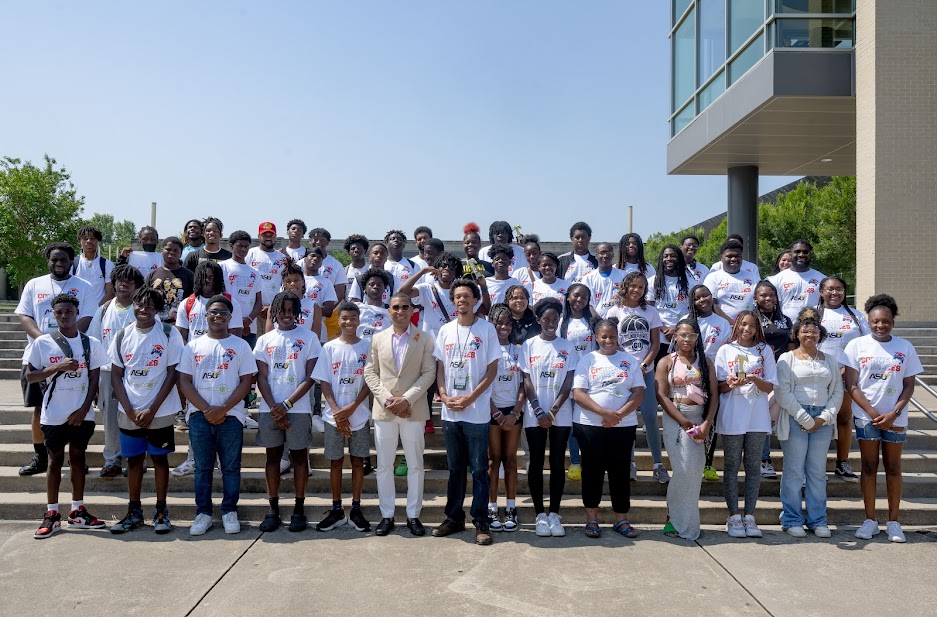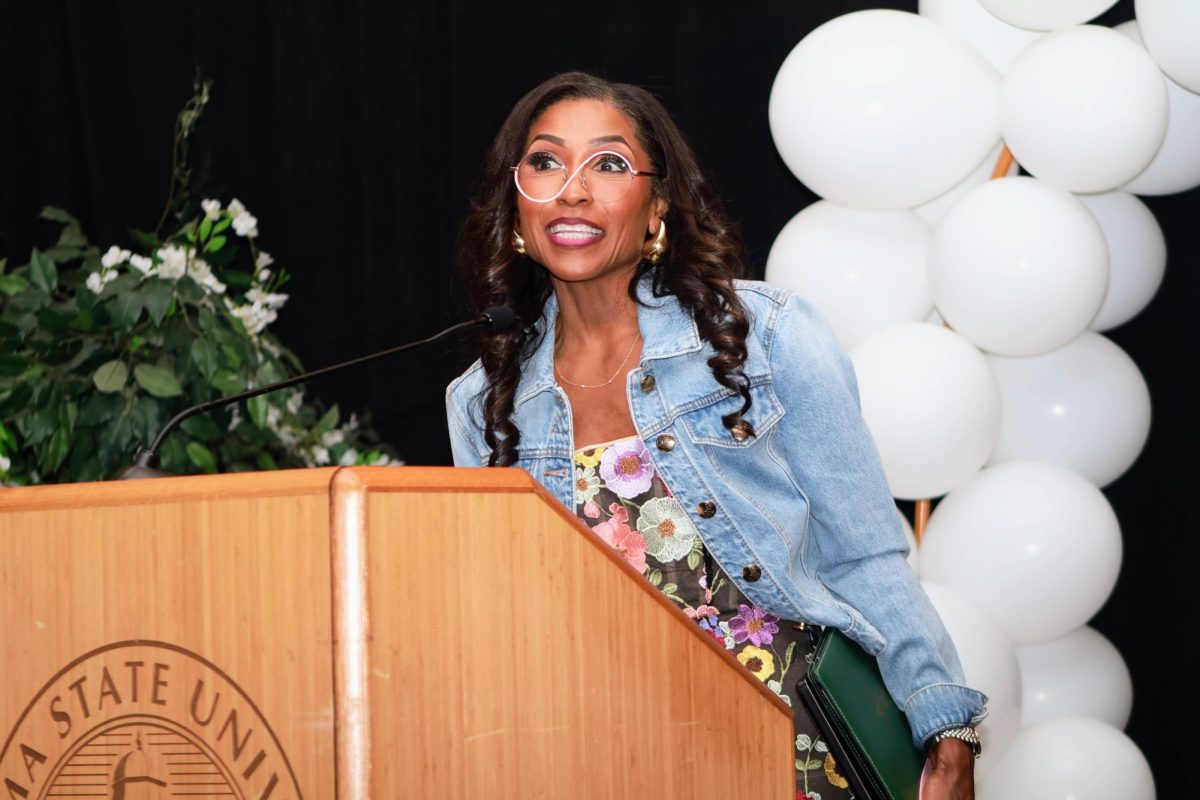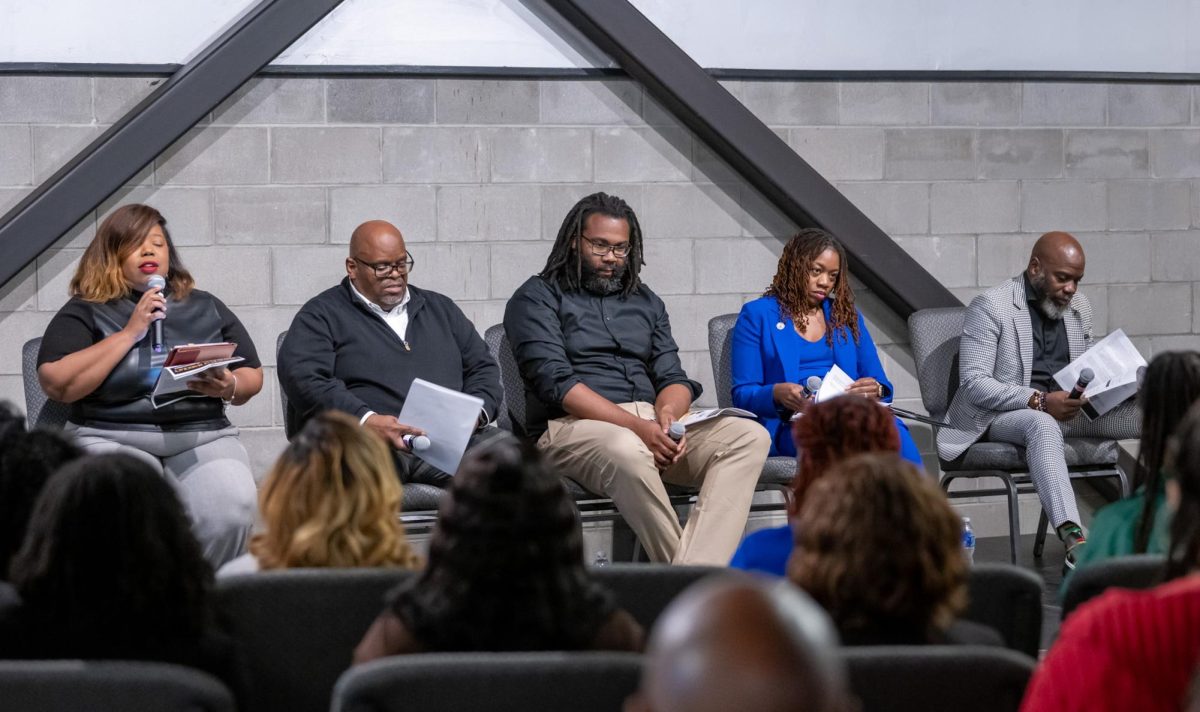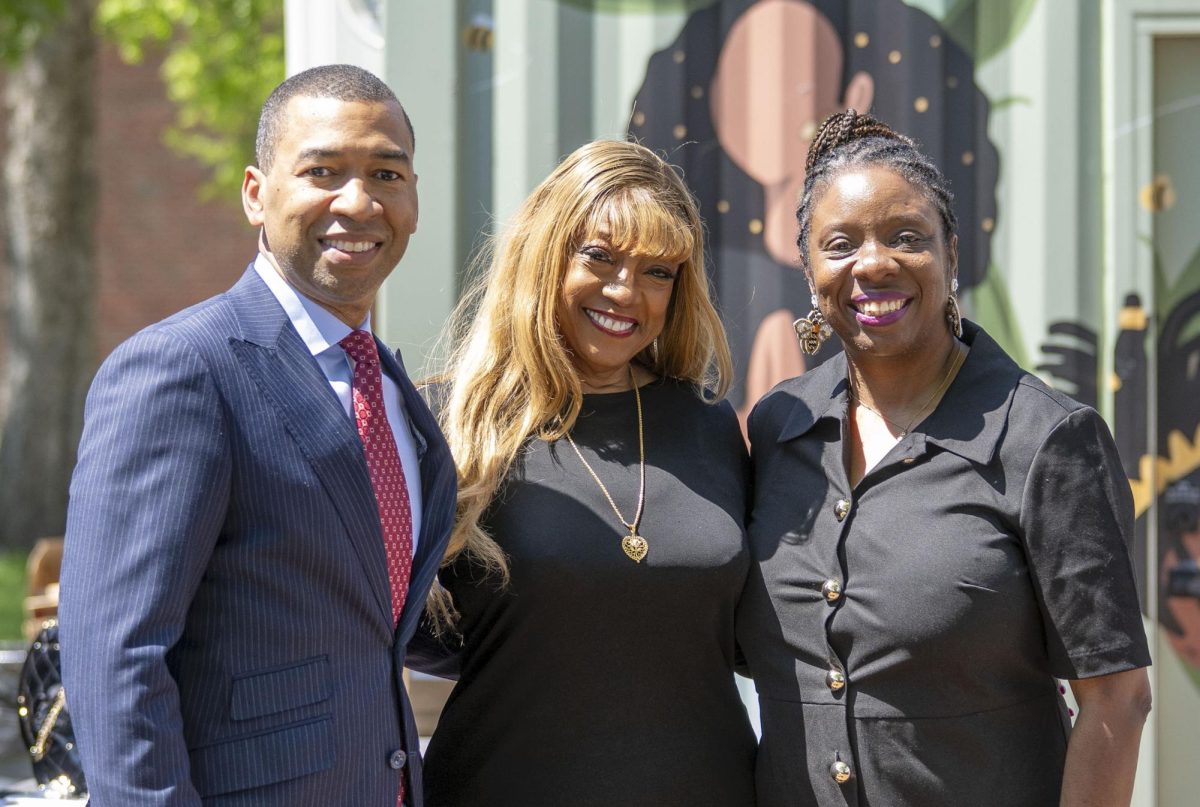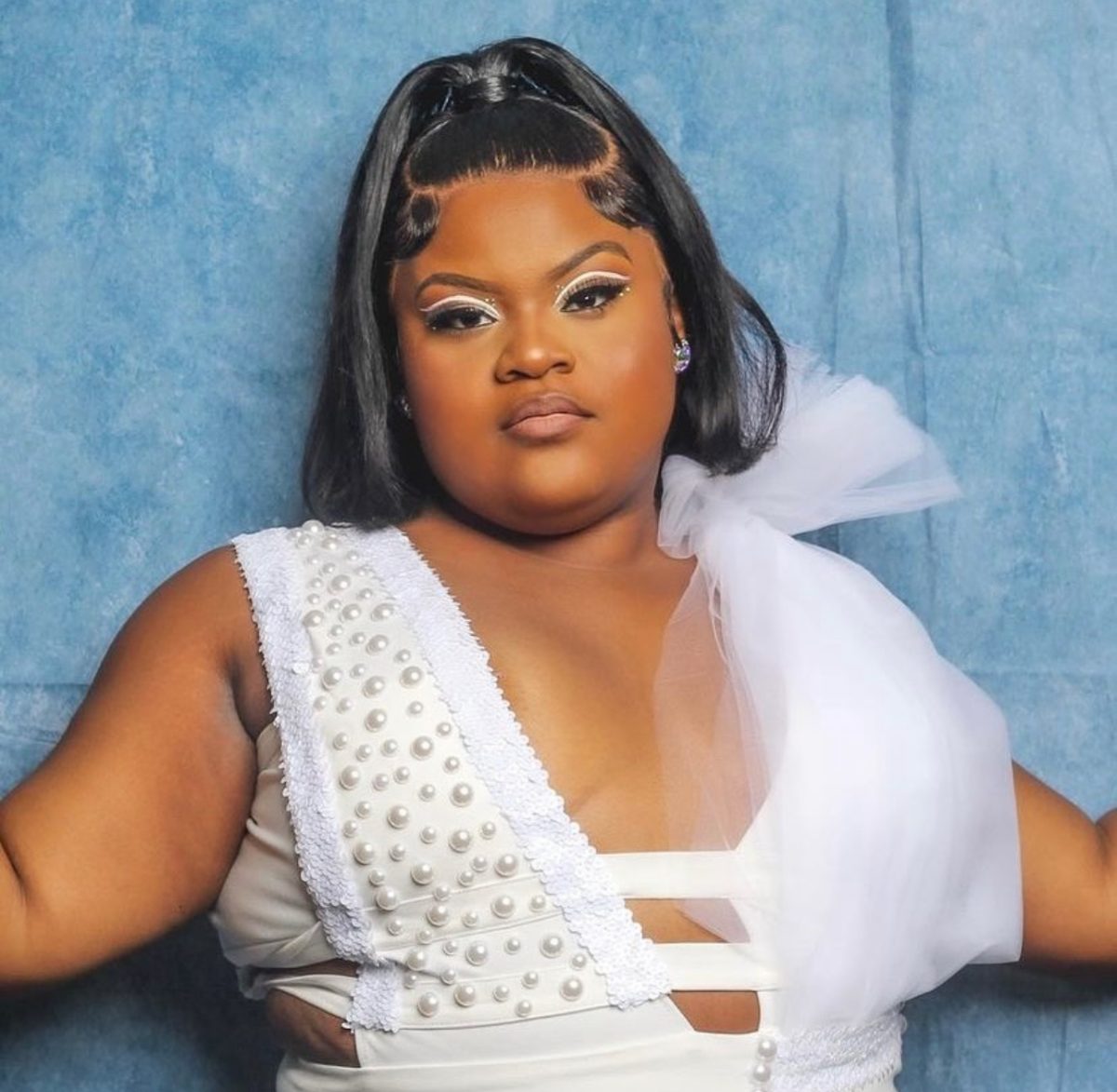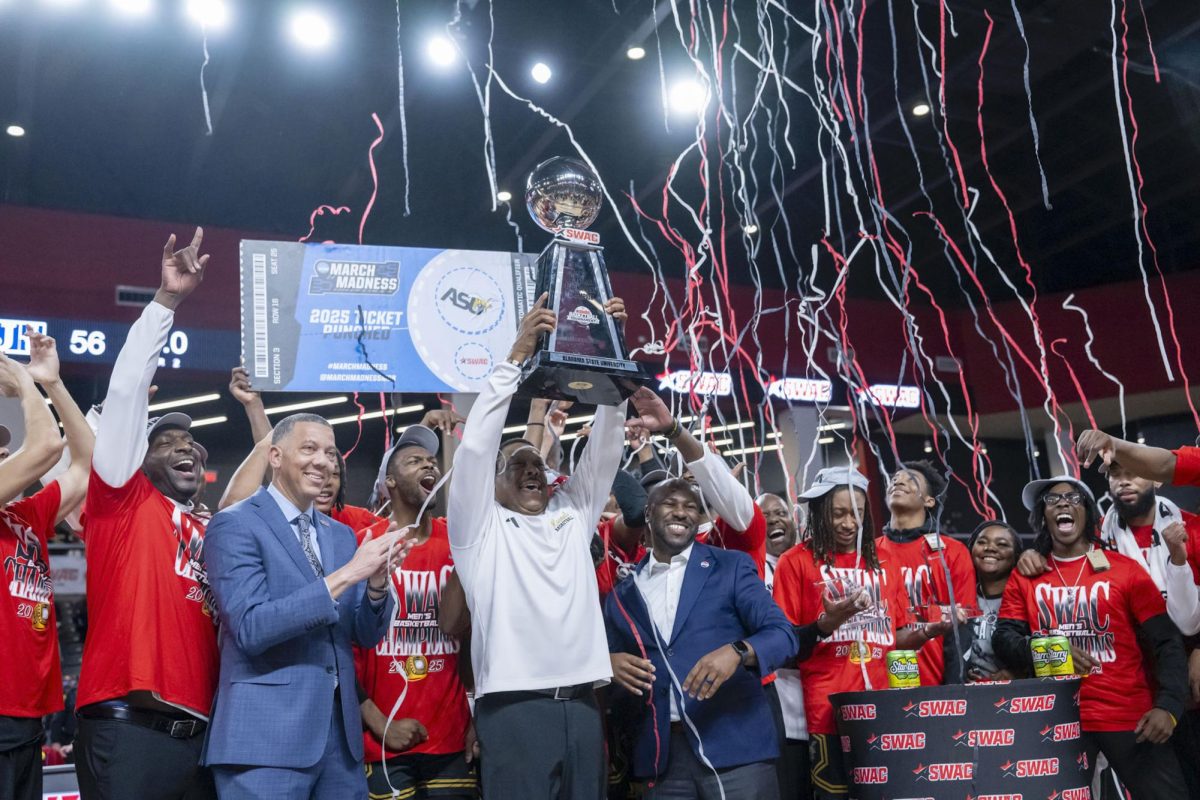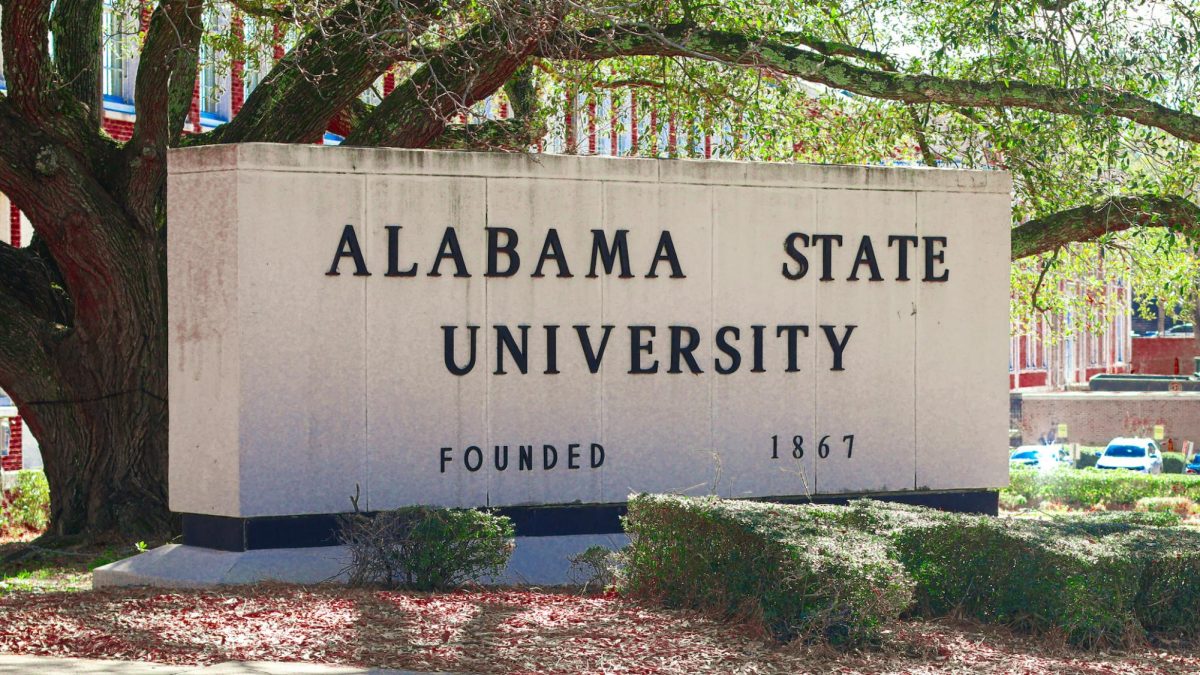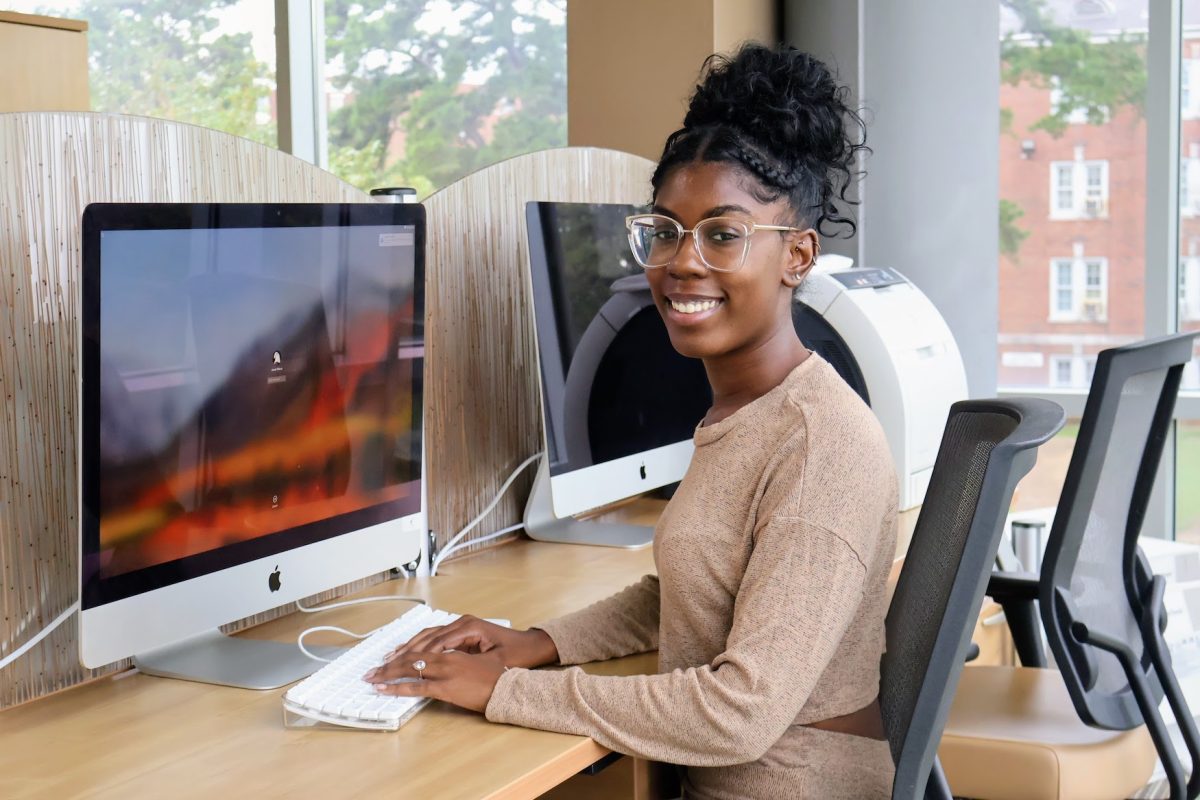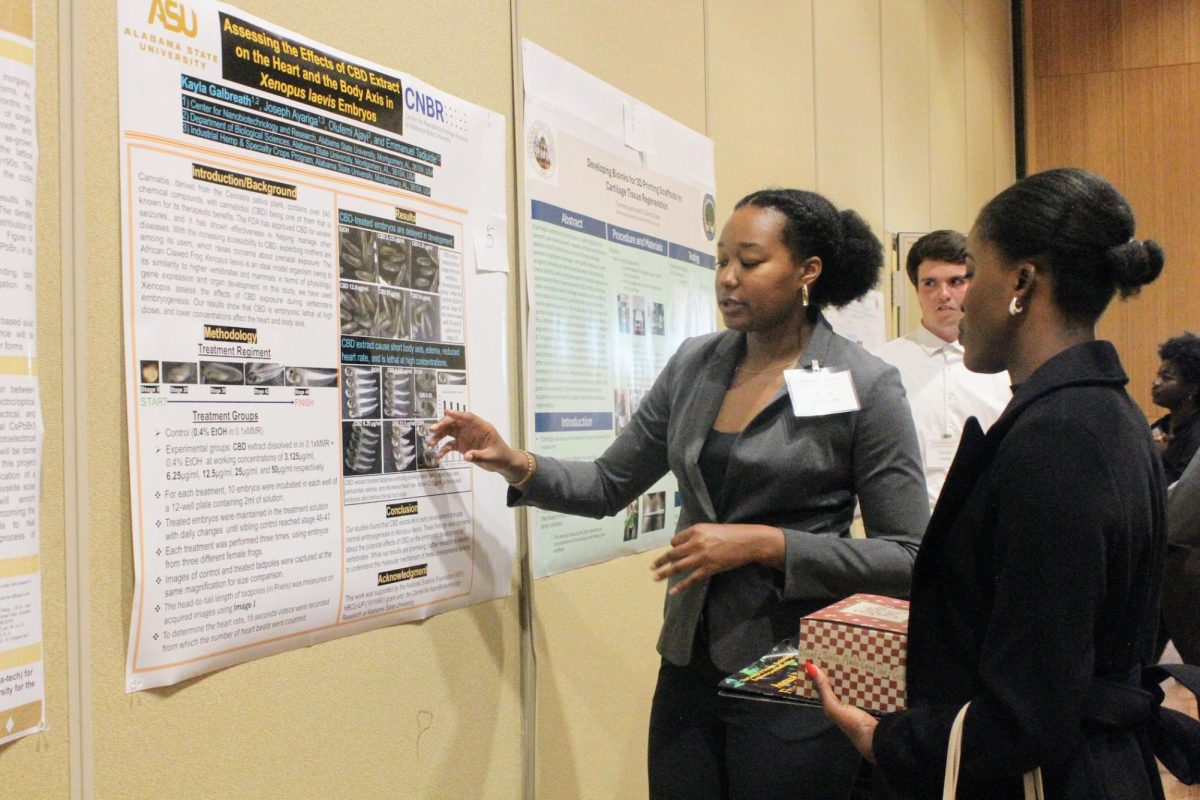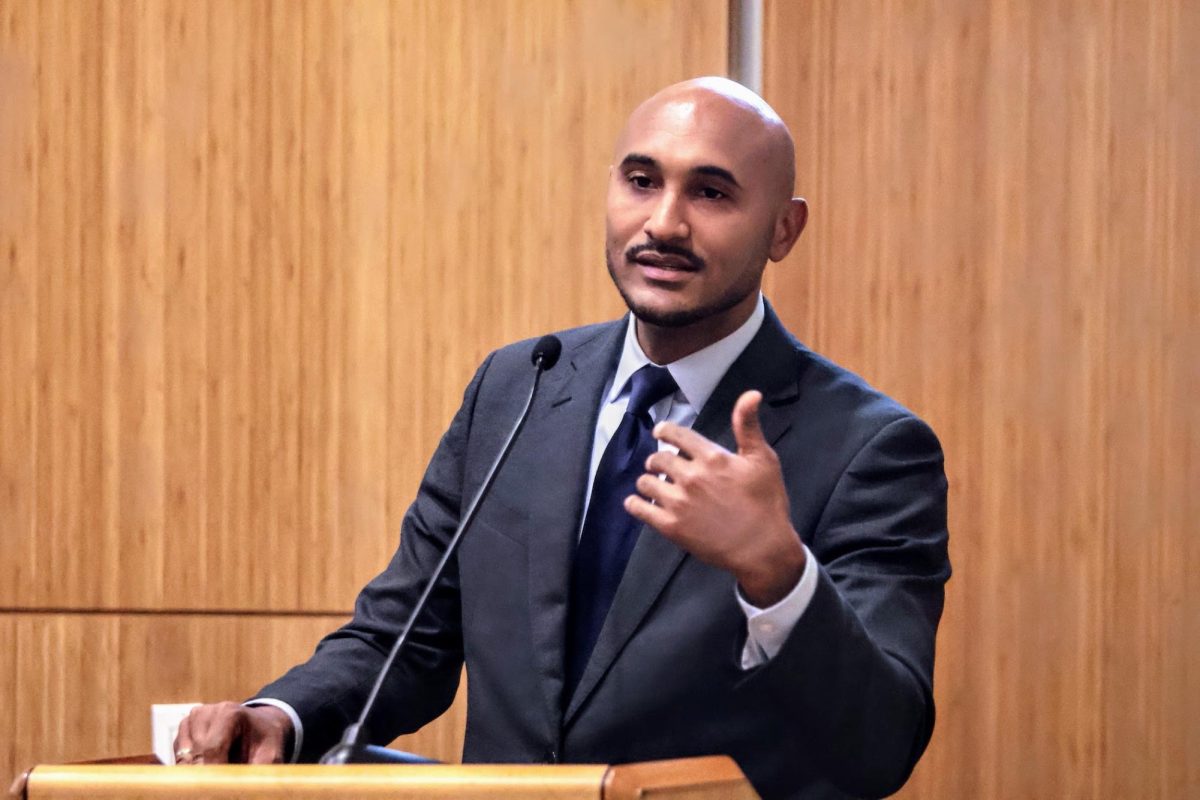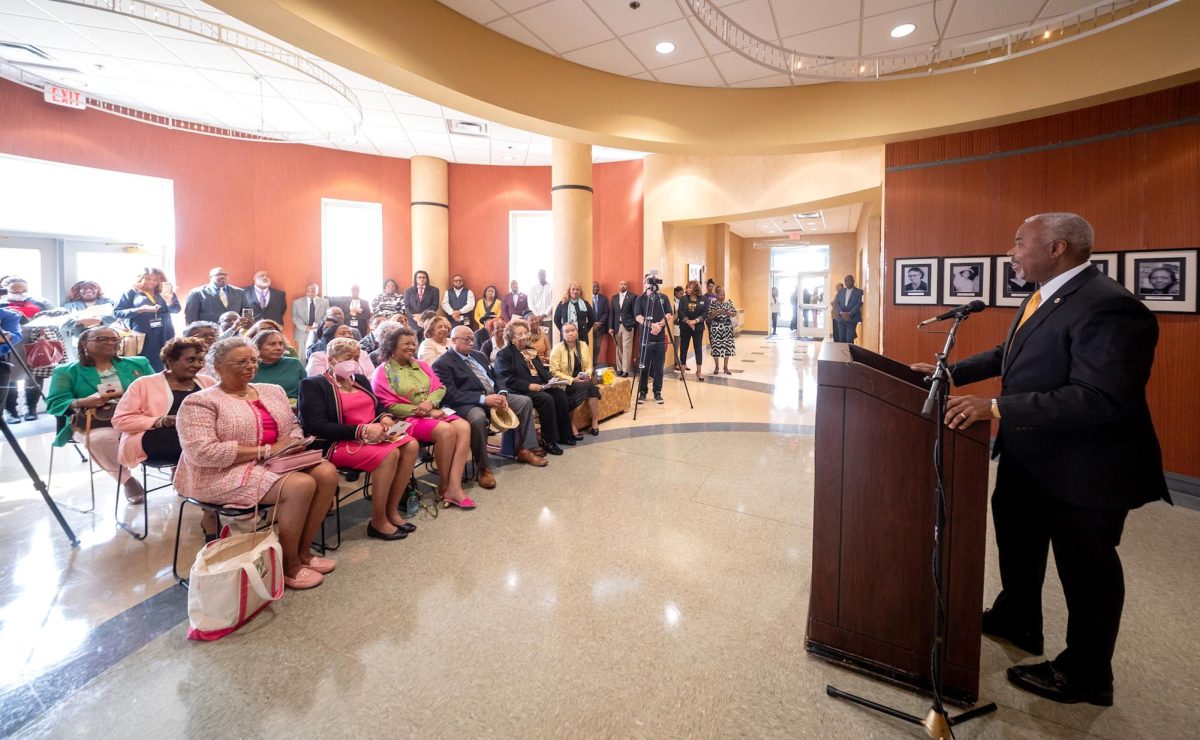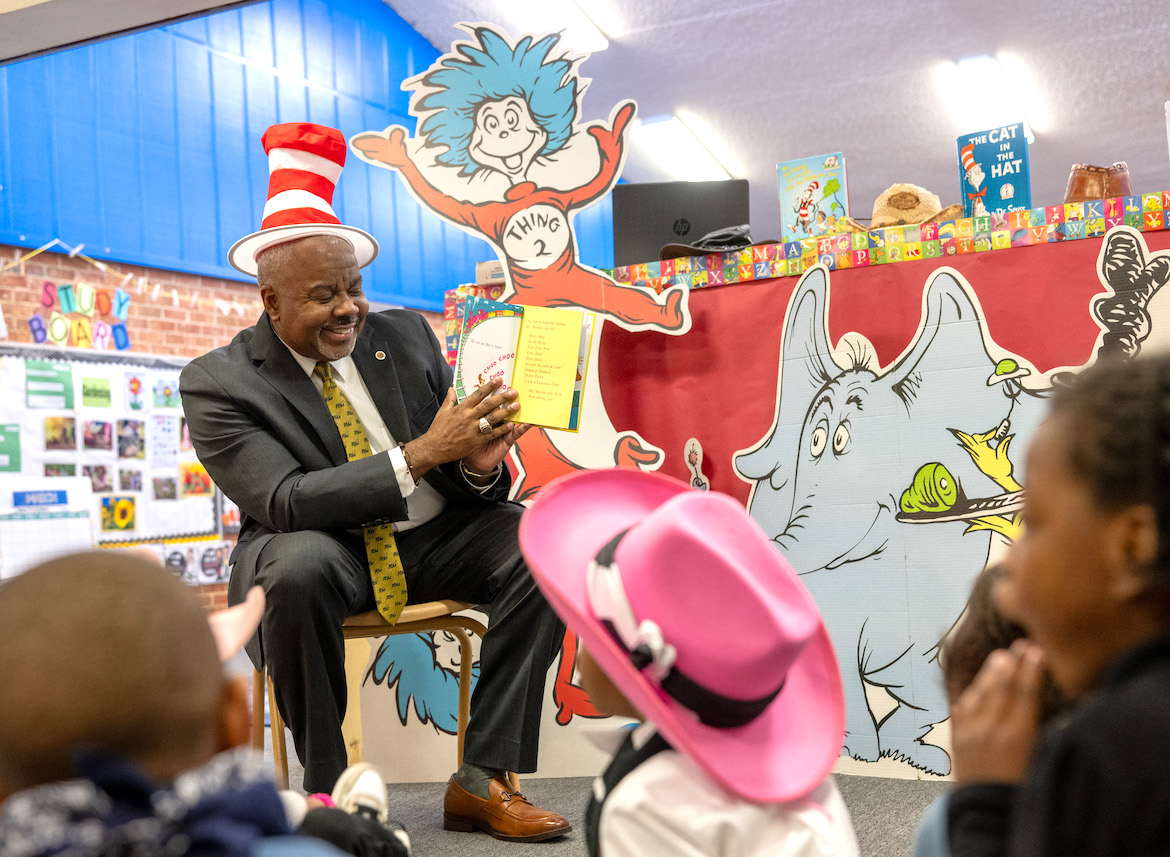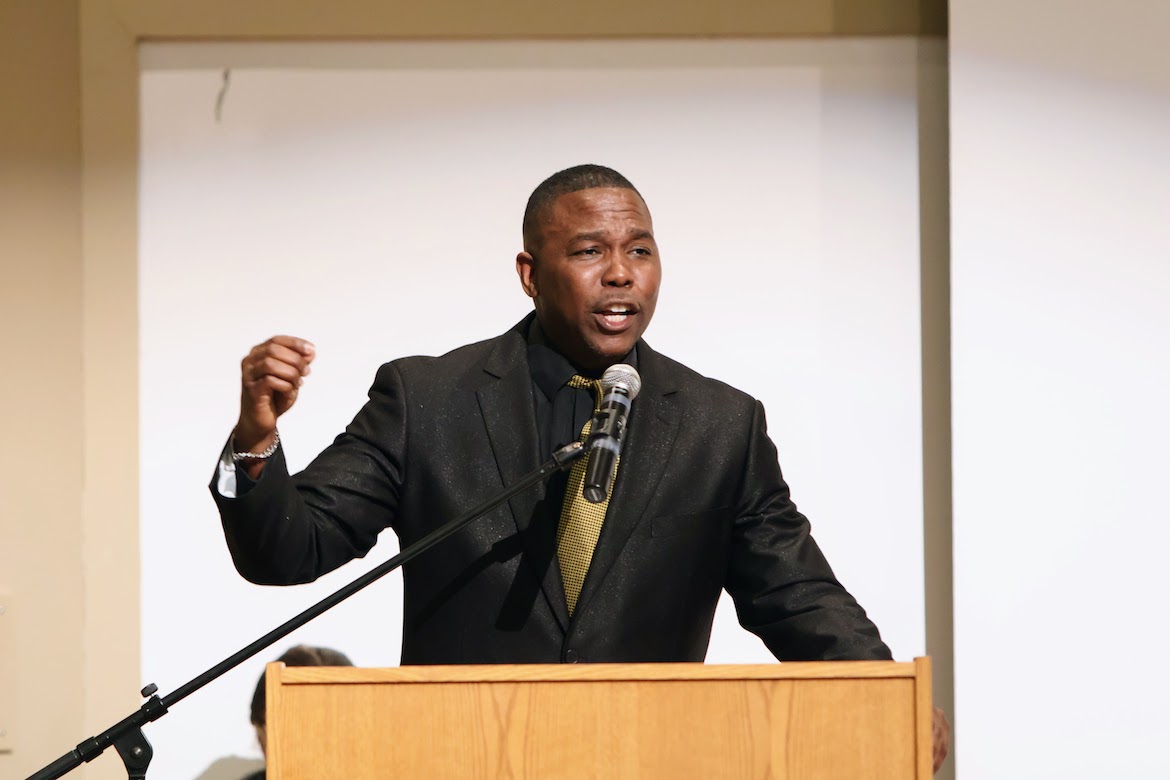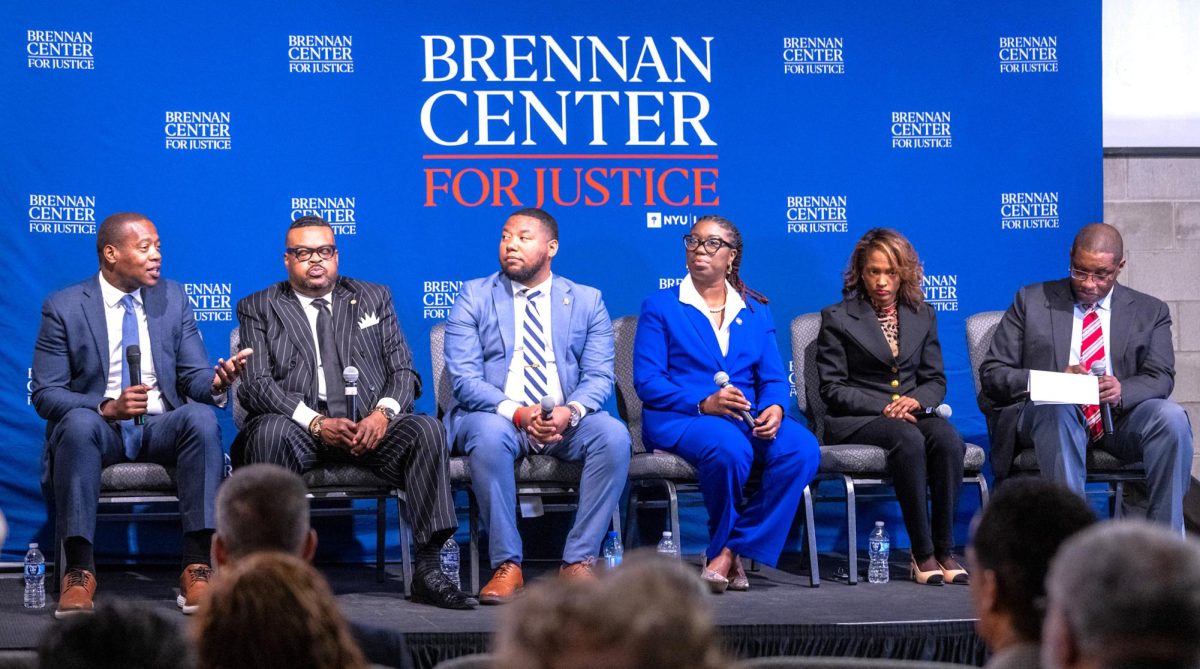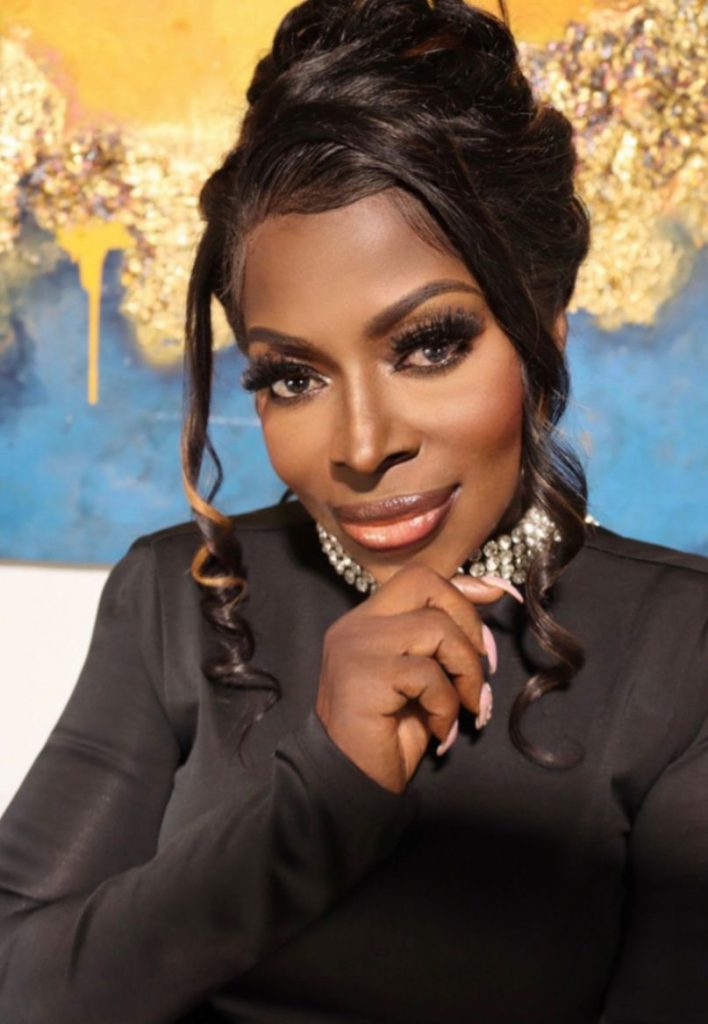More than 55 high schoolers in the tri-county area got their game on and learned how to play like pros during Alabama State University’s first-ever esports camp. The university teamed up with the Black Collegiate Gaming Association (BCGA) for the educational and gaming event.
The university is one of seven charter historically Black colleges and universities (HBCUs) for BCGA’s Corners to Colleges HBCU program.
“First and foremost, the purpose of the Corners to Colleges program is to let high school students know that the gaming industry is more than just playing video games at home,” said Thomas Free, director and coach of the university’s esports program. “Secondly, they receive exposure to HBCU life. Third, they’re introduced to all things related to gaming and technology.”
Esports, short for electronic sports, is a form of competition using video games. Esports often takes the form of organized, multiplayer video game competitions, particularly between professional players, individually or as teams. The International Olympic Committee has discussed their inclusion in future Olympic events.
The esports camp included guest presentations by noted experts in the esports realm. Students were able to build their capabilities in the computer lab, which was converted to a multi-player gaming lab. The camp offered students an interactive, play-based experience in esports. Participants developed individual and team skills for game play, received analysis of game play and one-on-one assistance and coaching, and learned about professions in the broad esports industry.
“It’s incredible to see the transformation of what was once a vacant room into a buzzing computer lab, all thanks to the tireless efforts of BCGA and the generosity of our sponsors, who helped us amass state-of-the-art esports equipment valued over $30,000,” said Free, who said the lab is located in the John Hardy Student Center next to the Bookstore.
The week-long event also included discussions on the history of gaming, financial aid scholarships and the academic side of esports.
“Students not only learned how to improve their skills as a competitor but also learned about the importance of physical and mental health to communication and sportsmanship,” said Free. “There are not a lot of Blacks in the industry, so we taught them how to navigate the industry, how to secure scholarships and internships with esports companies and partners. We educated them on how to prepare themselves to be ready to be part of this sport.”
The camp included several live tournaments, with the winners receiving their awards at the culmination of the event. Montgomery Mayor Stephen Reed, whose son Klein was one of the esports campers, presented the awards and certificates during an awards ceremony.
The most common video game genres associated with esports, Free said, are multiplayer online battle arena (MOBA), first-person shooter (FPS), fighting, card, battle royale and real-time strategy (RTS) games.
“There are games such as the popular games NBA 2K and Madden, and the well-loved global phenomenon Fortnite (a shooter title consisting of competitive shooters where a lot of players train their aim, and build their reflexes and cognitive skills), as well as League of Legends (which builds cognitive skills where players use a lot of strategies),” added Free. “Esports encompasses any electronic sport that can be played at a professional level.”
To be chosen for the Corners to College HBCU initiative, students must have a 2.5 or higher GPA, and two letters of recommendation from a teacher/guidance counselor and a community representative or non-profit organization. The initiative was sponsored by Sony PlayStation, HyperX, Intel, Google Play, Lenovo, Staples and GameStop.
GAMERS FUTURE IN THE GAMING INDUSTRY
“Esports is projected to reach $5.48 billion by 2029. That gives you a glimpse into the enormous career ecosystem associated with esports, including some less obvious but essential roles like event promotion, marketing, and media and broadcast management. Not to mention the tech side of things, with the game development and interactive media roles,” said Free. “Gamers also can get scholarships and internships.”
Esports, he pointed out, can inspire students to pursue higher education or careers in STEAM (science, technology, engineering, the arts and math), such as game design, computer science, data analysis, sports psychologist, broadcasting, music production, or graphic design.
Free said that in addition to exposing the ASU esports students to a variety of professions, the program has also opened students’ eyes to the lucrative opportunities in the gaming scene. “This includes everything from professional gaming to content creation and beyond, broadening our perspective and market value alike,” said Free. “Gamers can make a good salary under the esports realm.”
To find out more about ASU’s esports program or to sign up, email [email protected].
ABOUT BCGA
BCGA was established to provide education, access, and career opportunities in the gaming and esports industry to Black people and women of color. BCGA offers virtual and on-campus curriculums; inter-collegiate video gaming competitions; internships and post-graduation job opportunities; team building and leadership training; professional development and networking events; scholarships and mentorships; and on-campus esports and gaming labs.


